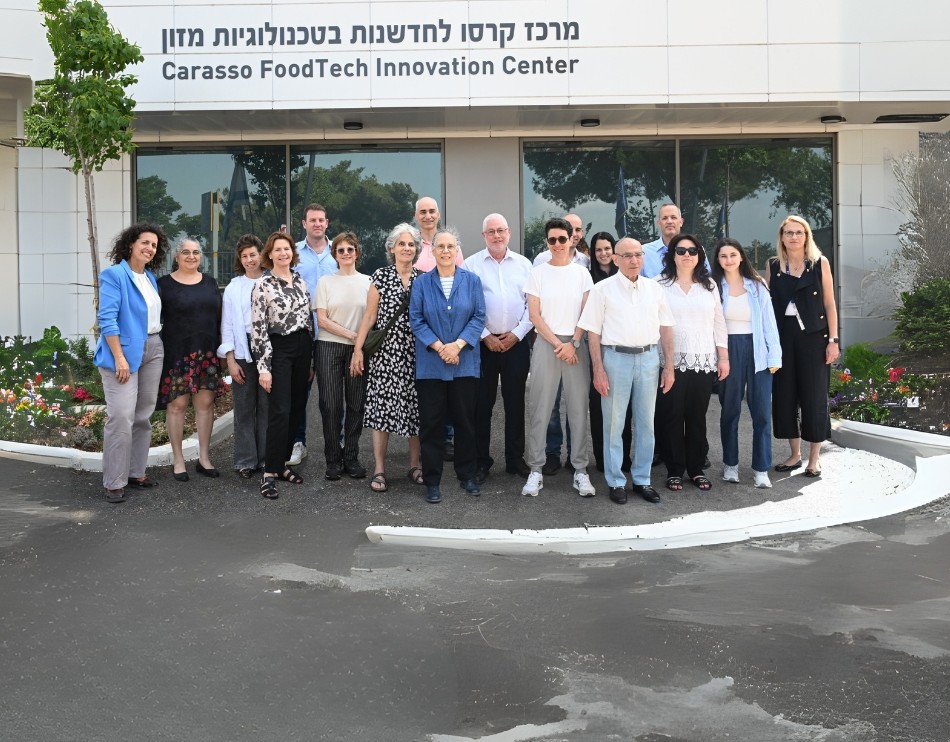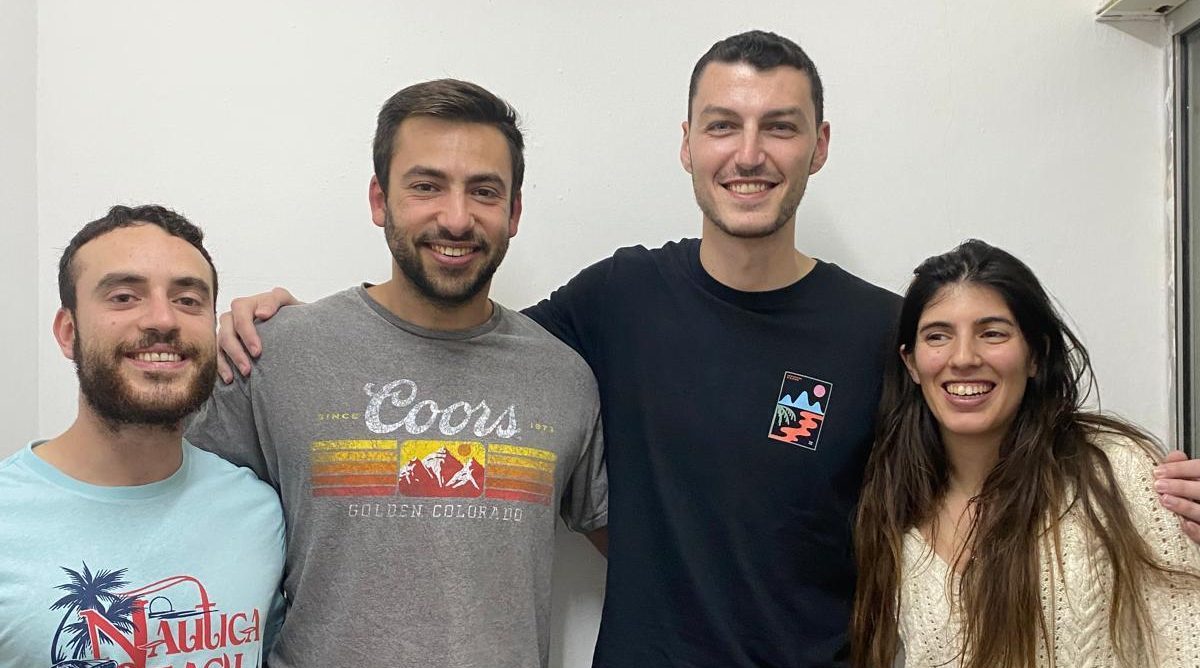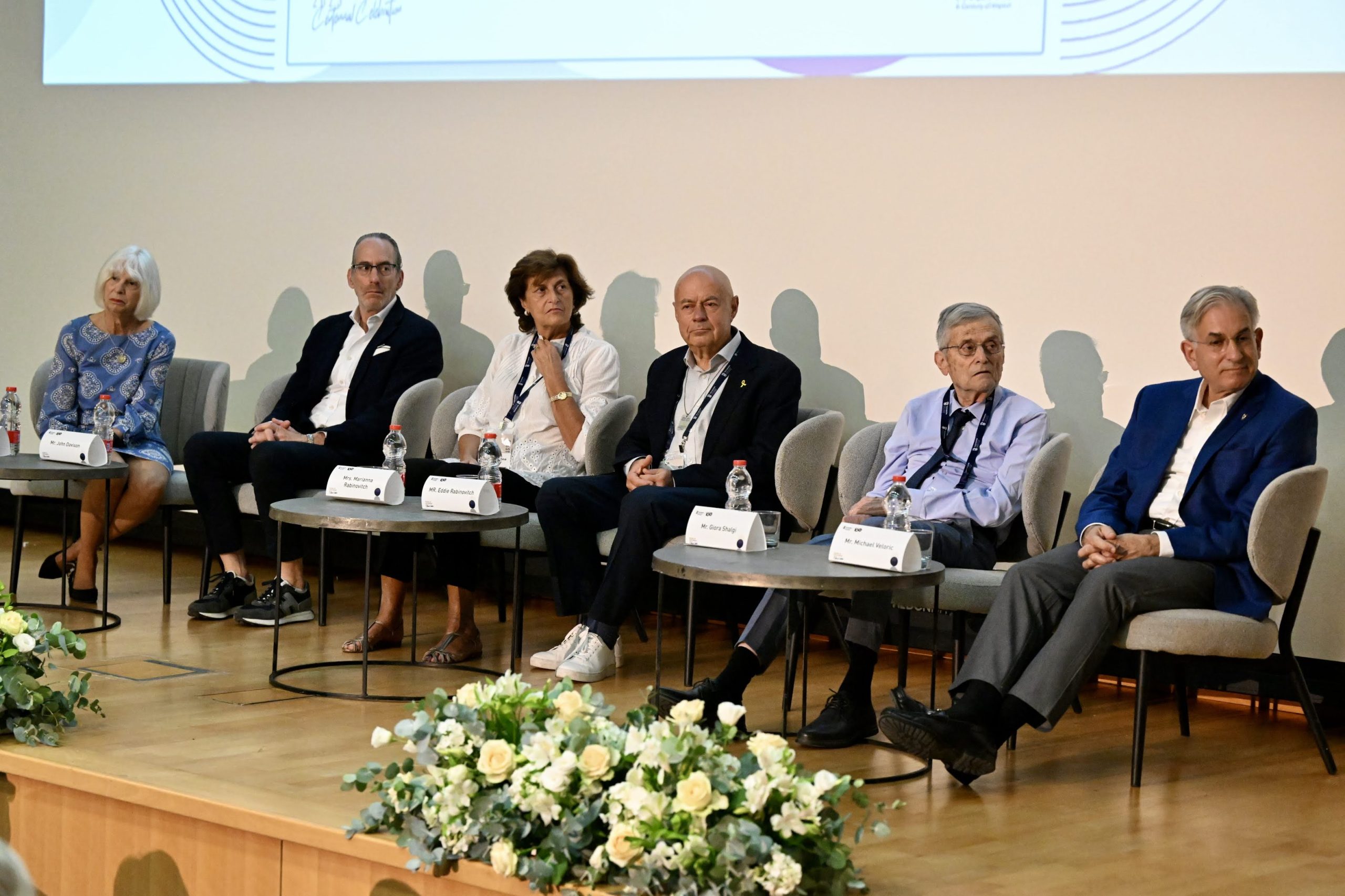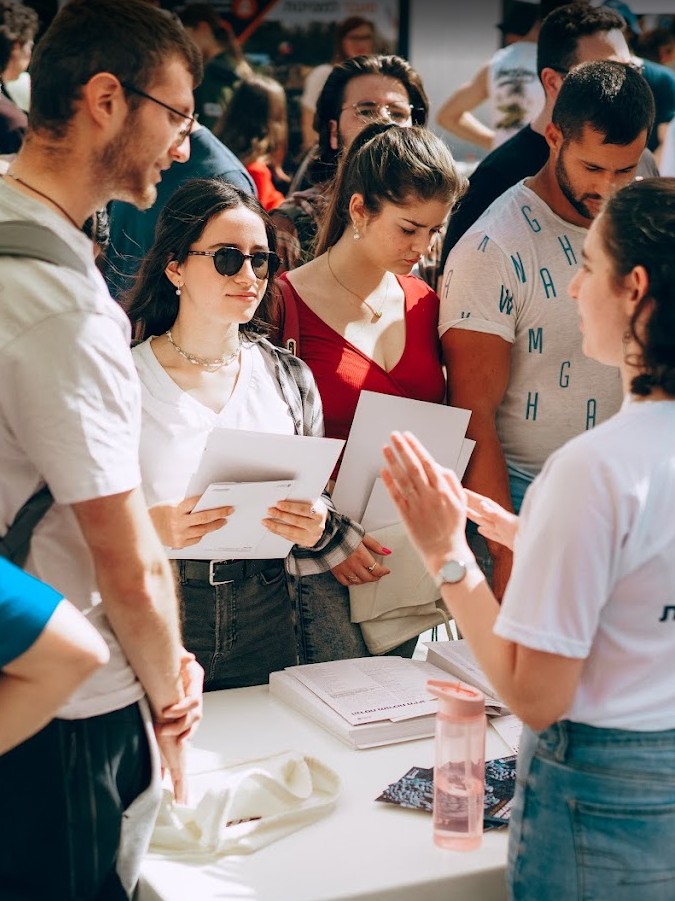הטכניון חנך שני מרכזי מחקר חדשים בפודטק ובחלבון בר קיימא
מרכז קרסו ומרכז הכט יקדמו חדשנות, מחקר ושיתוף פעולה עם התעשייה בייצור מזון ובביוטכנולוגיה

מרכז קרסו ומרכז הכט יקדמו חדשנות, מחקר ושיתוף פעולה עם התעשייה בייצור מזון ובביוטכנולוגיה

סטודנטים מהטכניון מעניקים שיעורי זום חינם למאות תלמידי תיכון שפונו מביתם

הטקס התקיים במסגרת מושב הקורטוריון, חבר הנאמנים של הטכניון, בסימן 100 שנים לפתיחת הטכניון

עיטור נשיא הטכניון להישג יוצא דופן הוענק לארבעה אישים על נחישותם במאבק באנטישמיות ובהגנה על מדינת ישראל. הזוכים בעיטור – עו"ד ג'ף אברמס, פרופ' קנטה אחמד, נובה פריס ופרופ' פטריק קרמר – השתתפו לאחרונה בפאנל מיוחד בנושא אנטישמיות שהתקיים במסגרת מושב הקורטוריון, חבר הנאמנים של הטכניון


תערוכת "מראות מקום"
01.06.2025 ראשון, בשעה 09:00
הוספה ליומן

מוסיקה, מדע והשראה | עונה 3 מפגש 4
09.07.2025 רביעי, בשעה 12:30
הוספה ליומן

יום פתוח ב-ZOOM לפקולטה למדעי המחשב
17.07.2025 חמישי, בשעה 18:00
הוספה ליומן

יום פתוח לפקולטות המדעיות בטכניון
06.08.2025 רביעי, בשעה 09:30
הוספה ליומן
100000
בוגרים
18
פקולטות
15000
סטודנטים
60
מרכזי מחקר
ברחבי הקמפוס